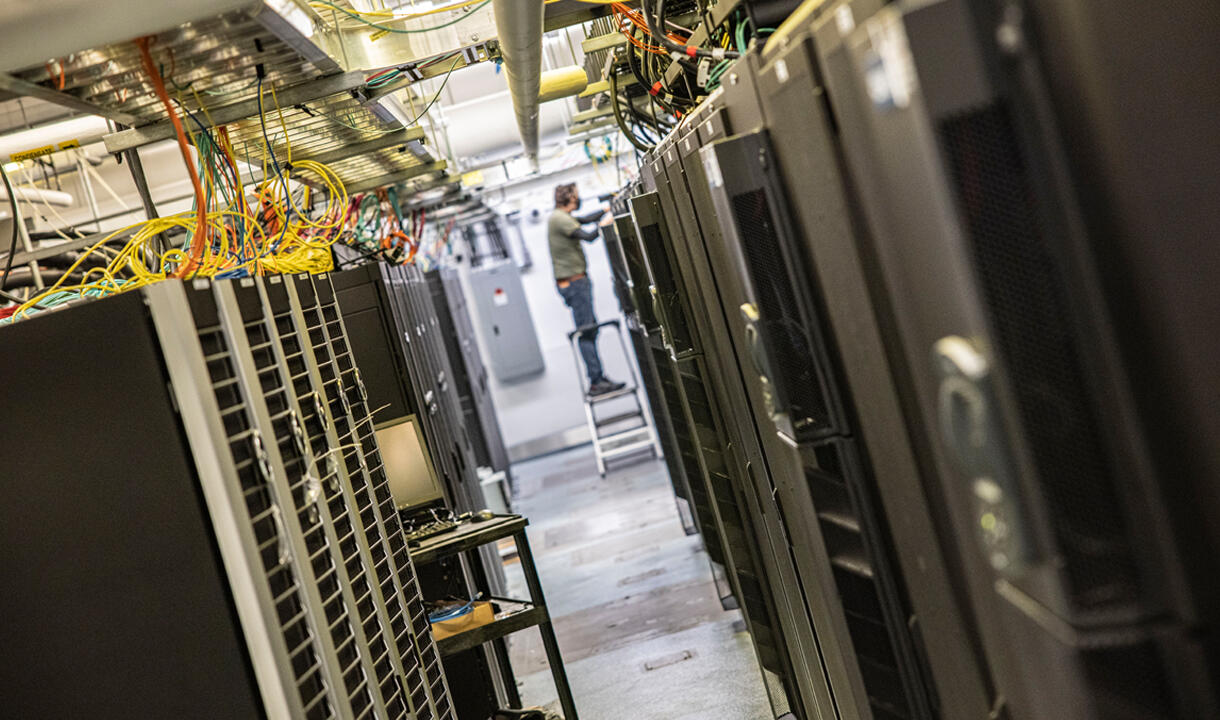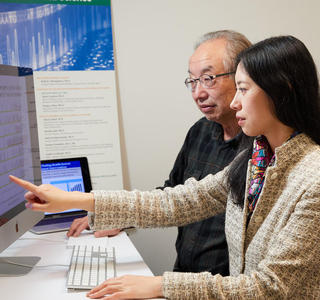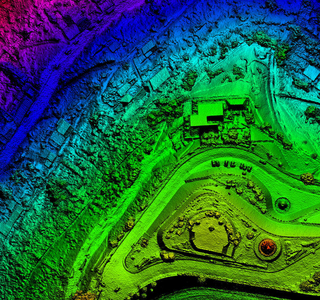The world is currently undergoing a data revolution. The confluence of the volume, speed, and availability of data is transforming information and knowledge production—and this area of focus touches nearly every discipline across our campus.
Yale is not only expanding data and computer science in its applications, benefiting research throughout the campus, but the university is also advancing fundamental research underlying this area. Climate change, political polarization, health care, and medical discoveries are all vital areas for data-driven research.










